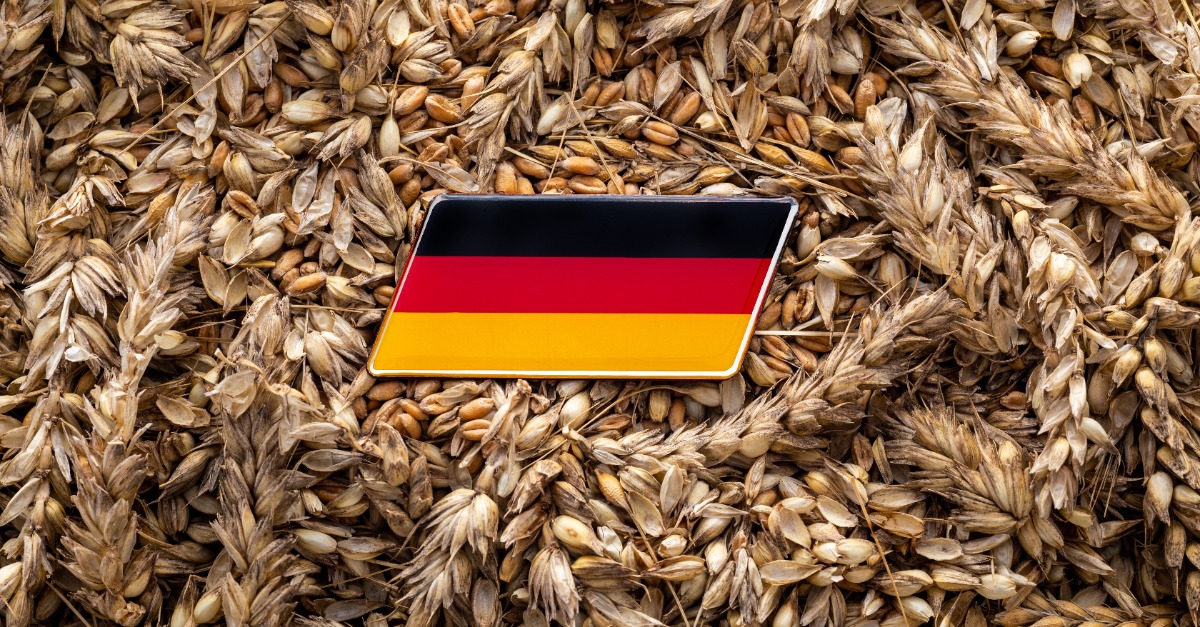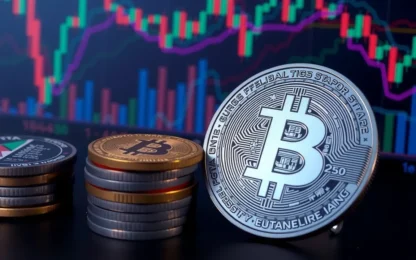
Elevated food inflation plagues in-recession Germany
- German inflation data for May 2023 pointed to a high contribution from the food category.
- Energy prices remain elevated but inflation has eased across these products.
- The IMF projects a contraction in GDP for 2023.
The final CPI YoY for May 2023 was unchanged at 6.1% and in line with industry forecasts.
This was a considerable reduction from the 7.2% in the previous month, and much lower than the October and November peak of 8.8%.
The inflation rate YoY appears to have conclusively exited the 7% territory that it was in both March and April 2023.
The final CPI MoM contracted by 0.1%, compared to rising inflation of 0.4% in the previous report.

The Harmonized Index of Consumer Prices (HICP) is a measure of inflation that is published by the EU’s statistical department to assess price stability across the euro area.
This allows cross-country comparability across the region.
Harmonized inflation in May 2023 was measured at 6.3% and -0.2%, in annual and monthly terms, respectively.
As such, all provisional results were confirmed by the statistical department.
Food
Copy link to sectionFood prices were the most significant driver of inflation in Germany and were up 14.9% YoY moderating from 17.2% in the previous month.
These increases were driven by dairy products, bread (and cereals), seafood and vegetables with an inflation of 28.2%, 19.3%, 19.0% and 17.3%, respectively.
The sharpest contraction came in butter prices which eased by 23.3% since the previous year.
Speaking in March 2023, Sebastian Dullien of Hans Böckler Foundation’s Macroeconomic Policy Institute argued,
…likely to be due to a considerable extent to indirect inflationary effects from expensive energy, for example when prices in the catering industry are increased because costs for heating or cooking energy have risen, or when bakeries raise their prices because natural gas for baking has become more expensive.
Energy
Copy link to sectionThe contribution of energy prices to the annual inflation rate slowed considerably since the previous month, falling from 6.8% in April 2023 to 2.6% in May 2023.
However, this decline has a lot to do with the base effect with prices shooting through the roof during Russia’s invasion of Ukraine last year.
In addition, the German government has implemented a third round of packages to cap electric and natural gas prices, as well as for heating.

Natural gas saw the most inflation at 25.6% whereas heating oil contracted by -30.5%.
Public transport
Copy link to sectionPublic transport inflation moderated from 4.7% YoY in April to 4.5% YoY in May 2023.
As per DW,
According to the Federal Office of Statistics, one possible explanation for reduced inflation in the services sector was the introduction of a new flat-rate monthly rail pass costing €49 (roughly $52), meaning some people were saving money on rail fares.

Inflation minus food and energy
Copy link to sectionOn excluding energy prices, annual inflation for May 2023 shifts higher from 6.1% to 6.5%.
This suggests the decline in energy prices has had a sharp moderating effect on price stability.
At the same time, by removing both food and energy, inflation falls to 5.4%, suggesting the tremendous costs that food prices are placing on the average household.
This is despite the fact that food inflation has moderated from 17.2% in April 2023.
Growth prospects and other comments
Copy link to sectionFalling inflation is a welcome relief, particularly having exited the 7% territory.
Some of the drag could be attributed to Germany having entered a recession last month as growth prospects were dented by inflation and higher rates across the euro area.
However, households continue to struggle with sky-high food prices which are altering private consumption.
Regarding contraction in the first quarter of the year, an article published by AFP noted,
The impact was felt particularly by consumers who reined in their spending on items such as food and clothing.
As per the IMF, Germany is set to contract by 0.1% in 2023, while CPI could stay firm at 6.2% at the end of the year.
In the long-term, Germany’s growth prospects are being hurt by expensive energy (even though inflation had eased this month, it still implies that energy costs are rising); the lack of geopolitical uncertainty around securing cheap fuels; the challenges of executing an affordable transition to EVs and clean energy; and a severely ageing population.
As per the Federal Statistics Office, nearly a third of the workforce will be retiring in the next thirteen years, which would disrupt income generation, lasting investments, and innovation.
More industry news







